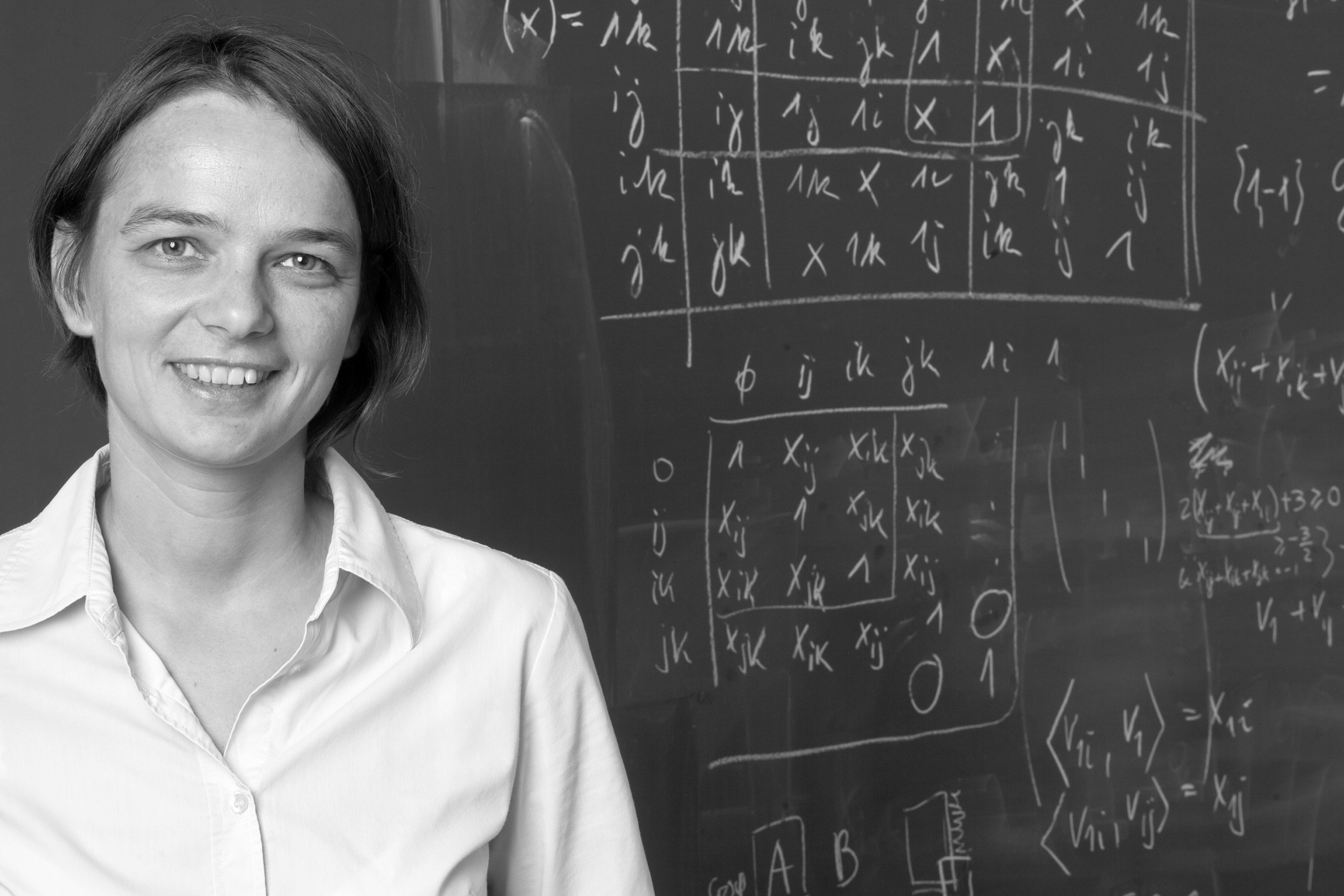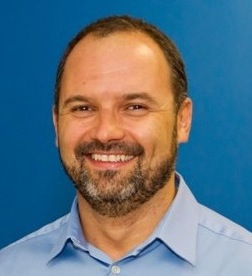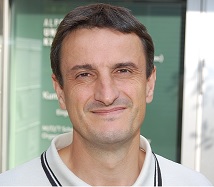The IEEE Student Branch Klagenfurt together with the course „Einführung in das Studium Informationstechnik und Wirtschaftsingenieur und aktuelle Fallstudien aus der Praxis“ offers an excursion to Lam Research, Villach. For more than 30 years, Lam Research has been a major supplier of wafer fabrication equipment and services to the worldwide semiconductor industry. Lam research has approximately 3600 employees all over the world and an annual revenue of $3 billion.
The IEEE Student Branch Klagenfurt invites you to join the excursion to Lam Research in Villach. This is a chance to visit a modern, globally operating employer and take a look behind the curtain. Experience what Lam Research does, possibly what skills they expect from future employees or generally what life after university may be like. You also may get the chance to find opportunities for an internship or projects such as research projects, Bachelor, or Master Theses.
On June, 14th we will leave in the morning together to Villach for Lam Research. The excursion is for free, but the number of participants is limited. To register for the excursion, please write an e-mail to sb_klagenfurt@ieee.org. Registration will be possible until May 24th.
Here the details in summary:
Where: Lam Research
When: 14.06.2013, 9:00 Uhr (departure from Klagenfurt earlier, exact time and location will be announced after registration since depending on the number of registrations)
Registration: sb_klagenfurt@ieee.org
For further information please refer to the following websites:
https://www.lamrc.com
https://ieee.aau.at
Your
IEEE SB Klagenfurt

 Abstract: Through three prominent combinatorial optimization problems (graph coloring, maximum cut, ordering) we will explain modelling techniques using semidefinite programming (as opposed to linear programming). We will derive relaxations that yield tight bounds and give rise to heuristics to obtain high-quality feasible solutions. We demonstrate how to combine these ingredients within a branch-and-bound framework, thus obtaining an exact solution method.
Abstract: Through three prominent combinatorial optimization problems (graph coloring, maximum cut, ordering) we will explain modelling techniques using semidefinite programming (as opposed to linear programming). We will derive relaxations that yield tight bounds and give rise to heuristics to obtain high-quality feasible solutions. We demonstrate how to combine these ingredients within a branch-and-bound framework, thus obtaining an exact solution method.

 Abstract: Many daily activities we want to finish as fast and smoothly as possible. The same applies when we use our computing devices. Examples range from low-level actions, such as selecting the “Print” item from the “File” menu or clicking on desktop icons, to higher level activities and more complex tasks, such as finding the favorite holiday photo in the personal collection, or to use a smartphone to navigate a city map or to browse a long list of products before deciding on a purchase. Throughout the years, the desire for interaction efficiency has motivated the Human-Computer Interaction research community to seek and explore new interaction mechanisms and user interface techniques that improve on the state of the art. In this talk I will present a handful of past projects in which we have applied the experimental method to arrive at insights regarding novel user interface design solutions.
Abstract: Many daily activities we want to finish as fast and smoothly as possible. The same applies when we use our computing devices. Examples range from low-level actions, such as selecting the “Print” item from the “File” menu or clicking on desktop icons, to higher level activities and more complex tasks, such as finding the favorite holiday photo in the personal collection, or to use a smartphone to navigate a city map or to browse a long list of products before deciding on a purchase. Throughout the years, the desire for interaction efficiency has motivated the Human-Computer Interaction research community to seek and explore new interaction mechanisms and user interface techniques that improve on the state of the art. In this talk I will present a handful of past projects in which we have applied the experimental method to arrive at insights regarding novel user interface design solutions.
 Abstract: Software is omnipresent. It is key to successful businesses and has become key to our social activities. As many systems, also software systems need to change in order to stay successful on the market. However, these changes cause software systems to become larger in size and more complex as described by Lehman’s Laws of Software Evolution. As a consequence, more resources are needed to maintain, or in general, evolve a software system. Evolving software systems is therefore mastering change and system complexity. The goal of my research and teaching is to provide software engineers with means to master this challenge.
Abstract: Software is omnipresent. It is key to successful businesses and has become key to our social activities. As many systems, also software systems need to change in order to stay successful on the market. However, these changes cause software systems to become larger in size and more complex as described by Lehman’s Laws of Software Evolution. As a consequence, more resources are needed to maintain, or in general, evolve a software system. Evolving software systems is therefore mastering change and system complexity. The goal of my research and teaching is to provide software engineers with means to master this challenge.